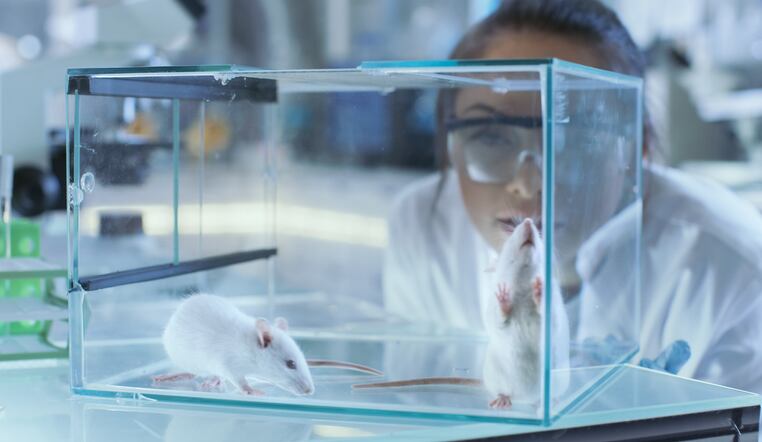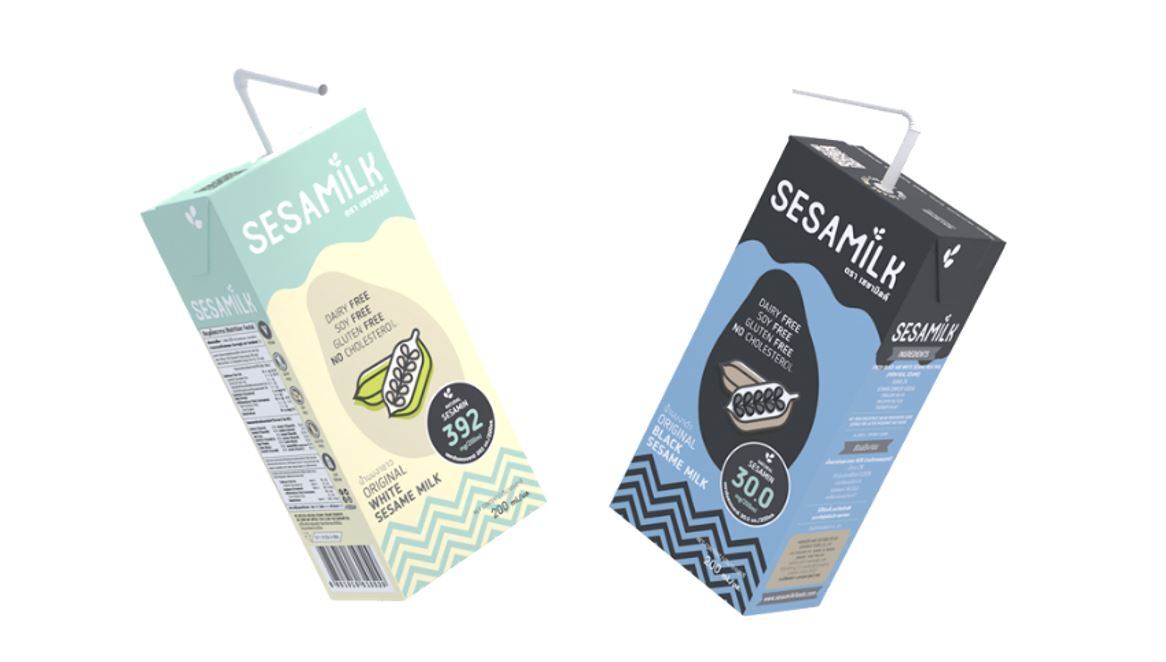The Taiwan Food and Drug Administration announced the ban on animal test in health foods and beverages making anti-fatigue claims in mid-April. There will be a two-year transition period.
Manufacturers wishing to make anti-fatigue claim will need to present evidence from human clinical studies when the transition period ends.
This is the first time the authorities are banning animal test for health foods.
“There are 13 health claims for Taiwan health food certification. Anti-fatigue is the first claim that bans animal studies. This [ban on animal studies] doesn’t affect other health claims in Taiwan,” Iris Chen, director of regulatory affairs at Voler Biotech Consulting told NutraIngredients-Asia.
Other permitted health foods claims in Taiwan include delay ageing, alleviate osteoporosis, regulate blood lipid, and regulate immunity.
Major health foods player in Taiwan, Grape King Bio, said the regulatory change would incur additional fees for companies manufacturing anti-fatigue health foods.
The company currently already has an energy beverage, ComeBest (Huang Jin Kang Bei Te), that makes anti-fatigue claim.
This is said to be the first energy beverage in Taiwan permitted to make the claim. It contains seven types of amino acids, eight types of vitamins, and Vinitrox – a proprietary combination of apple and grape polyphenols.
“If we were to analyse the impact of the new regulation on the industry, firstly, businesses will need to bear a greater cost for conducting scientific examination. This is because the cost for conducting human clinical trials is about two times higher than that of animal studies,” executive director of the R&D division, Dr Hsu Sheng-Chieh, told us.
Moreover, human clinical studies are more complex since there are other variables to consider, such as diet, lifestyle habits. Companies will thus need to exercise more caution when designing human clinical trials to reduce the impact of the variables.
In addition, companies will need to spend a longer period on scientific studies, since they will need to first complete safety assessment and determine the health foods dosage requirement, before they could conduct efficacy studies.
Previously, companies could conduct safety and efficacy assessment at the same time.
PETA urge more bans
Animal rights organisation People for the Ethical Treatment of Animals (PETA) praised the move, while urging the authorities to end animal testing for products making other health claims as well.
“The Taiwan FDA’s long-awaited move will spare countless vulnerable animals in laboratories the terror of electrocution and drowning simply for a food-marketing label.
“PETA thanks the TFDA for listening to our scientific critique and ditching cruel animal tests that are irrelevant to human health, and we urge the agency to end animal tests for other health-marketing claims as well,” said PETA Vice President Shalin Gala.
Despite the impact, Grape King Bio also said the ban was an alignment to international trends.
“Although the new regulation has brought quite a lot of impact to the industry, doing away with animal tests and no longer using swim test and treadmill test to abuse animals, is considered a progress towards the 3Rs – replace, reduce, refine.
“In terms of animal conservation and humanitarian efforts, this is undoubtedly a move aligning with international trends,” Dr Hsu said.



